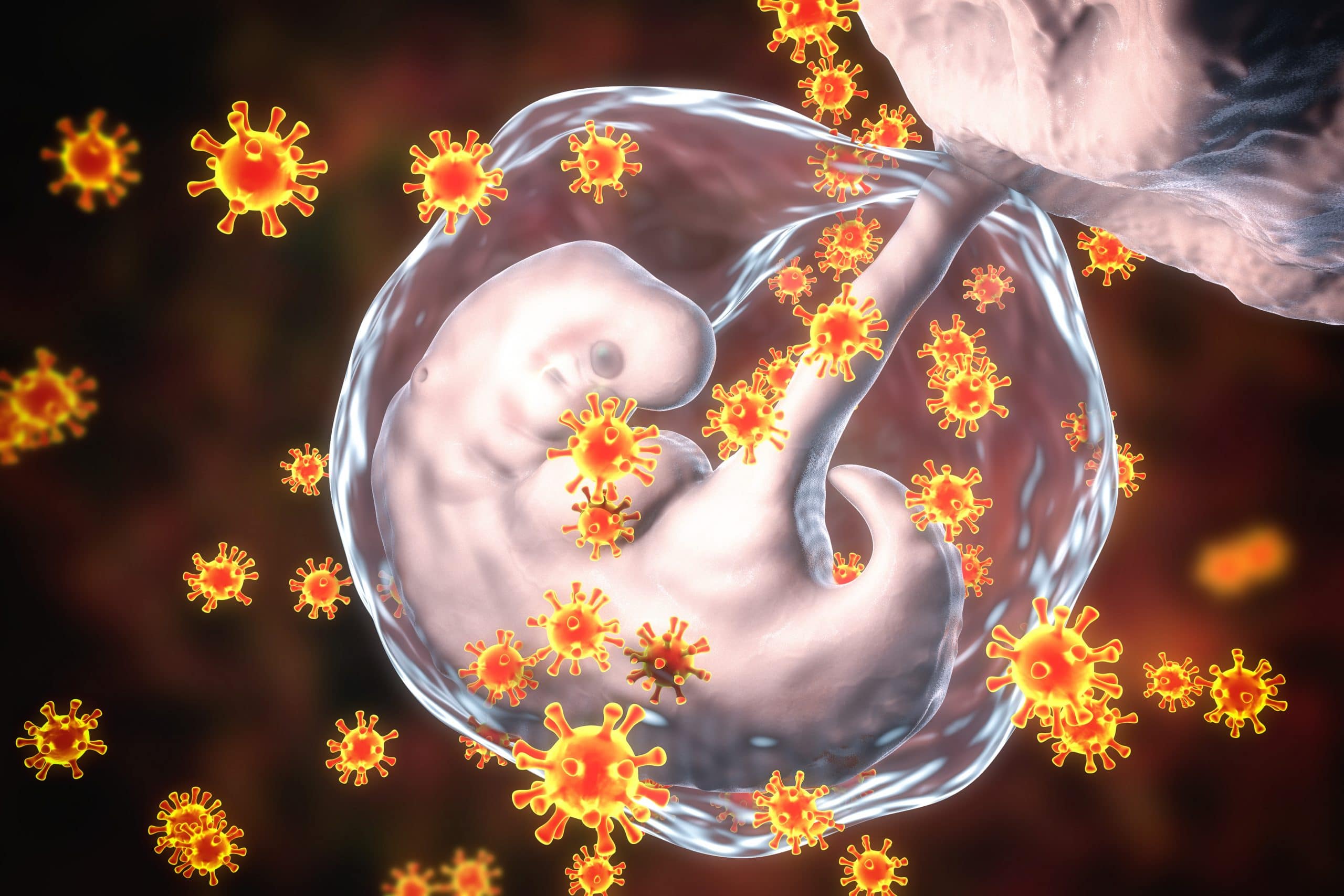Topic: Everything You Need to Know About Herpes and Pregnancy
Herpes is caused by the herpes simplex virus, which causes genital herpes. Although mothers who have genital herpes can transmit the condition to their infants, taking the necessary precautions can help prevent this. In fact, there are individuals who have genital herpes who do not transmit the virus to their newborns.
Understanding the Herpes Simplex Virus
The herpes simplex virus, also known as HSV, has two categories: HSV-1 and HSV-2. First, HSV-1 is mostly transmitted through oral means, causing cold sores or fever blisters. If contracted during oral sex, HSV-1 may also cause genital blisters. On the other hand, HSV-2 is often transmitted through sexual contact and is responsible for genital sores and blisters. However, it can also cause an oral infection from oral sex.
Pregnancy and Genital Herpes Symptoms
A vaginal birth can put infants whose mothers have genital herpes at risk of contracting HSV. This is a common issue since 22% of women within the United States have HSV-2 and approximately 2% contract genital herpes while pregnant.
There are multiple symptoms to look out for while pregnant. These include fever, a burning sensation while urinating, swollen lymph nodes, body aches, and painful sores on and around the genitals.
Mothers who have genital herpes may receive a prescription for an oral antiviral medication approximately 35 weeks into their pregnancy. This can reduce the chance of an outbreak during delivery, and while the medication cannot cure herpes, it can help them heal faster and prevent future outbreaks.
In addition, when labor begins, a physician may perform an examination for any blisters, sores, or lesions. If there are none of these, a pregnant mother may still be able to give birth vaginally. However, if these are found, a cesarean may need to be performed to prevent the transmission of the virus to the infant.
Infants who do contract herpes have neonatal, or birth-acquired herpes. Though this is rather rare, it is quite serious and can cause severe complications, such as developmental problems, an injured nervous system, or even death. Infants are most at risk if the mother contracts HSV for the first time during the third trimester.
Key Takeaway
The herpes simplex virus is also referred to as HSV and causes genital herpes. Infants whose mothers contract HSV for the first time during the third trimester are at an increased risk of contracting herpes, which can cause severe health problems or even death.
Topic Discussed: Everything You Need to Know About Herpes and Pregnancy
